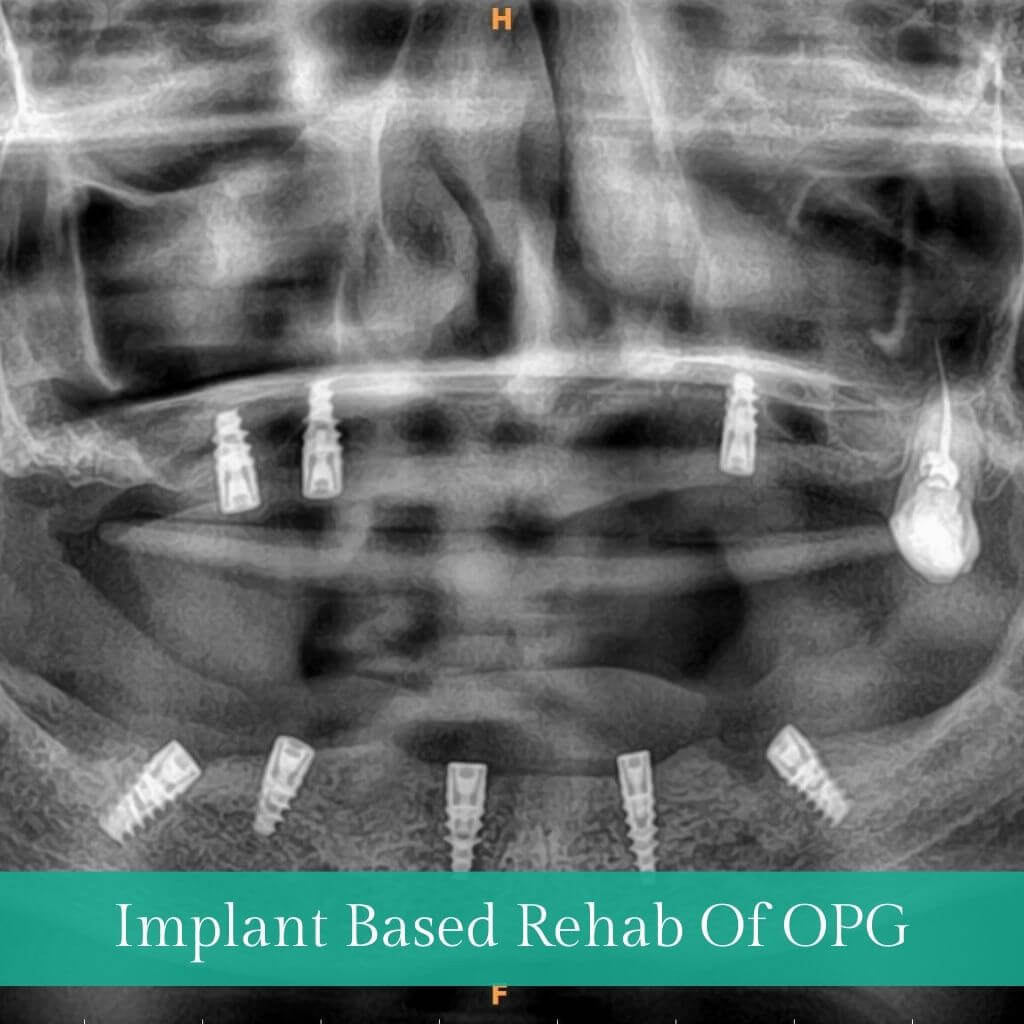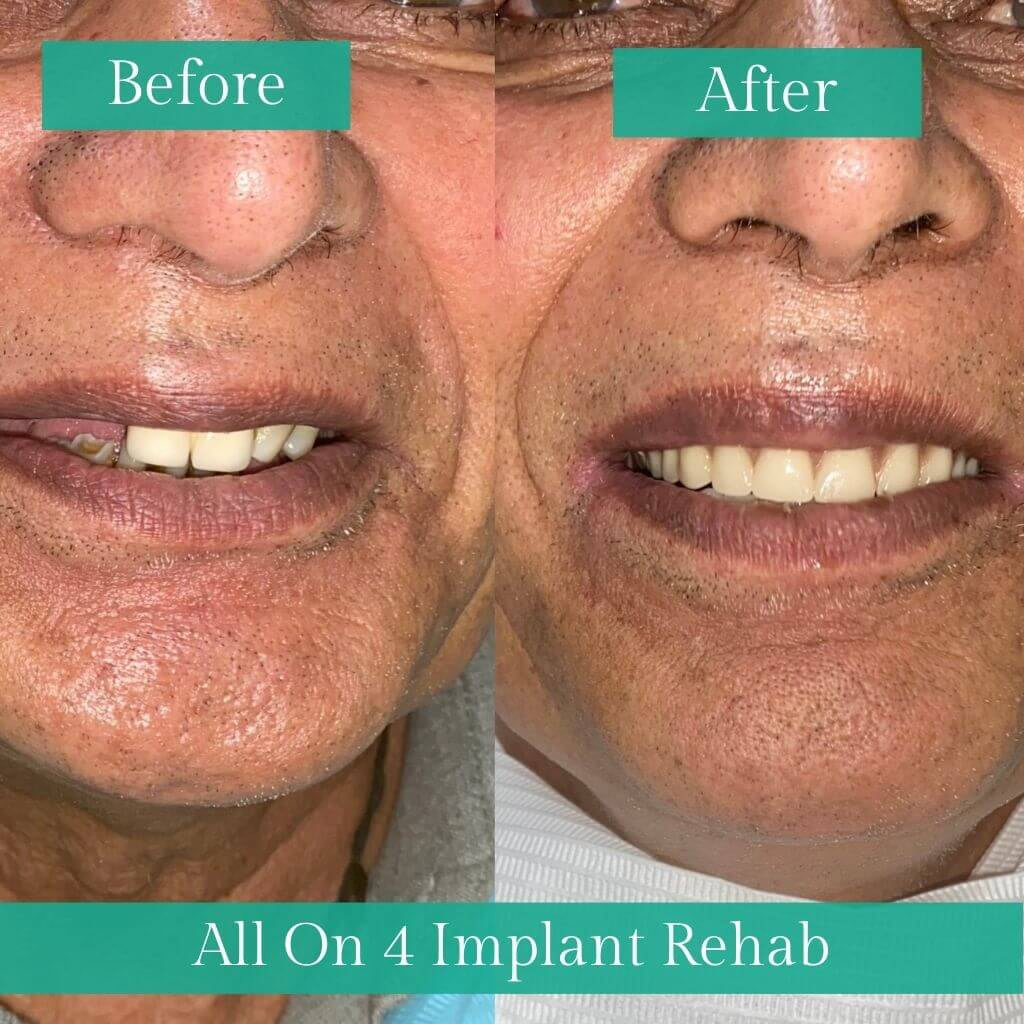Do Dental Implants Last Forever?
Have you ever wondered if that gleaming smile you acquire through dental implants can truly last forever?
The field of oral healthcare has been significantly transformed by dental implants, offering an enduring and efficient remedy for individuals coping with tooth loss.
But do they really stand the test of time?
This question is often on the minds of individuals considering this transformative procedure.
In this article, we'll explore all about it!
Key Takeaways
- Dental implants are a remarkable and long-lasting solution for replacing missing teeth, with an average lifespan of 20 years or more.
- To keep your dental implants in top condition, it's essential to dedicate yourself to impeccable oral hygiene. This commitment should encompass routine brushing, flossing, and dental examinations while also steering clear of detrimental habits like smoking and teeth grinding.
- Regular check-ups and good overall health help boost the life of dental implant-based treatments.
What are the parts of dental implants?
- Implant Fixture: It's a compact titanium post precisely positioned into the jawbone through a surgical procedure. This post acts as a substitute for the natural tooth root, delivering a dependable base for the artificial tooth to be anchored.
- Abutment: The abutment functions as a connecting piece affixed to the implant fixture, extending above the gum line. The abutment is pivotal in establishing a crucial link between the dental implant and the artificial tooth, thereby ensuring a seamless connection between these two integral components.
- Prosthetic Tooth/Crown: The prosthetic tooth, typically a dental crown, is custom-made to match the appearance of your natural teeth and is then attached to the abutment. It is the visible part of the implant that functions as a replacement for the missing tooth.
How long do dental implants typically last?
Dental implants, the innovative solution for tooth loss, are renowned for their impressive durability. Dental implants typically last 20+ years, making them a long-term oral health investment. Clinical studies and research show that dental implants have a success rate of approximately 95% over a ten-year period. This means that the vast majority of implants remain stable and functional after a decade of use. As time goes on, their success rate remains high, with studies demonstrating success rates well above 90% over 15 to 20 years.
However, it's important to note that individual experiences may vary, and the lifespan of dental implants can be impacted by factors such as overall health, oral hygiene practices, and lifestyle. Although dental implants have the potential to endure indefinitely with proper care, they demand ongoing attention to ensure they maintain optimal conditions over the years.
How should I maintain and care for my dental implants to ensure their longevity?
Sustaining the longevity of your dental implants necessitates a steadfast commitment to proper oral hygiene and regular visits to your dentist. Here are a few key tips to ensure your dental implants remain healthy:
- Brush your teeth and dental implants at least twice daily with a soft-bristle toothbrush and non-abrasive toothpaste.
- It is important to maintain good oral hygiene, and one way to achieve it is by flossing every day. This helps remove any debris and plaque that may accumulate between your teeth and around your implants.
- To minimize the risk of infection, rinse your mouth with an antimicrobial mouthwash.
- Attend regular dental check-ups for professional assessment and cleaning.
- Quit smoking to improve implant success and longevity.
- Use a night guard if you grind your teeth to prevent excessive pressure on implants.
- In order to maintain good health and support your bones optimally, it is important to follow a well-balanced diet.
- Keep underlying medical conditions, such as diabetes, under control to promote successful healing and long-term implant health.
What are mini dental implants, and how do their lifespans compare to traditional implants?
Mini dental implants (MDIs) are a smaller, less invasive alternative to traditional dental implants, often used in cases with limited bone volume or for stabilizing dentures. While mini dental implants share similarities in materials and design with traditional implants, they have a smaller height, typically around 5mm.
In terms of lifespan, traditional dental implants have a well-established track record for longevity, often lasting 20 years or more with proper care. Mini dental implants, on the other hand, tend to have a slightly shorter expected lifespan of 10 to 15 years on average. The smaller size of mini implants can influence their load-bearing capacity and long-term stability.
However, mini implants still provide a lasting solution, especially for specific cases, such as denture stabilization or when bone volume is limited. The choice between traditional and mini implants should be made in consultation with your dentist, considering your individual oral health needs and expected outcomes.
FAQ’s
Conclusion
So, do dental implants last forever? While they may not be truly eternal, dental implants come remarkably close when given the care and attention they deserve. These remarkable innovations in oral health can stand the test of time, often lasting for decades with proper maintenance and consideration of individual factors.
With the right care and support, your dental implants can be a lasting investment in your confidence, health, and well-being, ensuring a radiant smile that shines brightly for years to come under the expert care of Hope Dental & Esthetic Clinic in Noida!
Book your appointment with us today!




